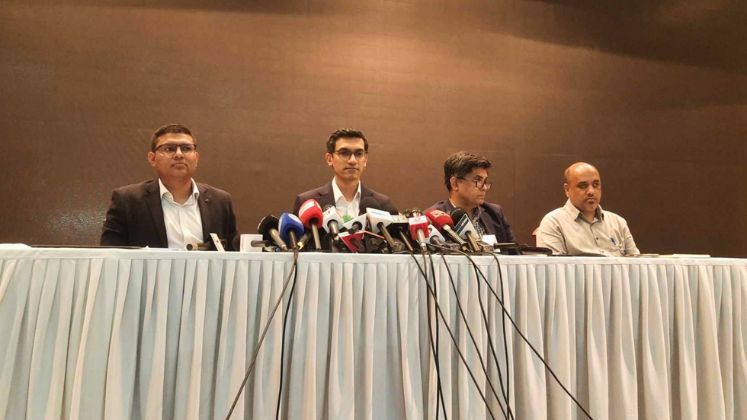
The government has cancelled the licences of 10 economic zones in Bangladesh, as announced by Ashik Chowdhury, executive chairman of the Bangladesh Investment Development Authority (Bida) and the Bangladesh Economic Zones Authority (Beza). The announcement was made during a press briefing held at the Foreign Service Academy in Dhaka on 13th April.
The list of revoked economic zones includes five government zones and five private zones. The cancelled government economic zones are:
- Sonadia Eco Tourism Park, Cox’s Bazar
- Sundarban Tourism, Bagerhat
- Gajaria Economic Zone, Munshiganj
- Shreepur Economic Zone, Gazipur
- Mymensingh Economic Zone, Ishwarganj Mymensingh
The private economic zones that have had their licences revoked are:
- Garments Industries Park, proposed by BGMEA, Munshiganj
- Chatak Economic Zone, Sunamganj
- Famkam Economic Zone, Bagerhat
- City Special Economic Zone, Dhaka
- Sonargaon Economic Zone, Narayanganj
Chowdhury noted that the decision was reached during a meeting with the chief adviser, emphasising that the previous government had approved the establishment of 97 economic zones, 68 government and 29 private, across the country. He stated, as they have already said earlier, that there is no need for 100 economic zones. On Sunday, the licenses of 10 economic zones were canceled. They believe that these are not needed.
He also emphasised the necessity of ensuring that ministries are prepared to provide adequate services to economic zones before approving new ones. “What happens now is that economic zones are approved, but investors do not get proper services year after year,” he explained.
Highlighting the success of the recently concluded Bangladesh Investment Summit 2025, Chowdhury revealed that the event attracted 415 foreign delegates from 50 countries and generated investment proposals worth Taka 3,100 crore. He acknowledged that while major investment commitments may take time, the groundwork for future investments has been established. “No one will write a cheque for Taka 100 crore after attending a four-day summit. But we’ve taken them to visit factory sites, explained where to go and how to start operations. Investors left the summit satisfied,” he added.
Chowdhury assured that Beza would maintain follow-up communication with attendees to ensure progress in the investment pipeline and expressed hope for similar investment events to be organized by future governments.
Nahiyan Rahman Rochi, head of Business Development at Bida, shared additional statistics from the summit, noting that over 3,500 individuals participated, with 130 speakers and panelists contributing to discussions. The event resulted in six Memorandums of Understanding (MoUs) being signed, with partner organizations also aiding in the overall expenses of the event.






